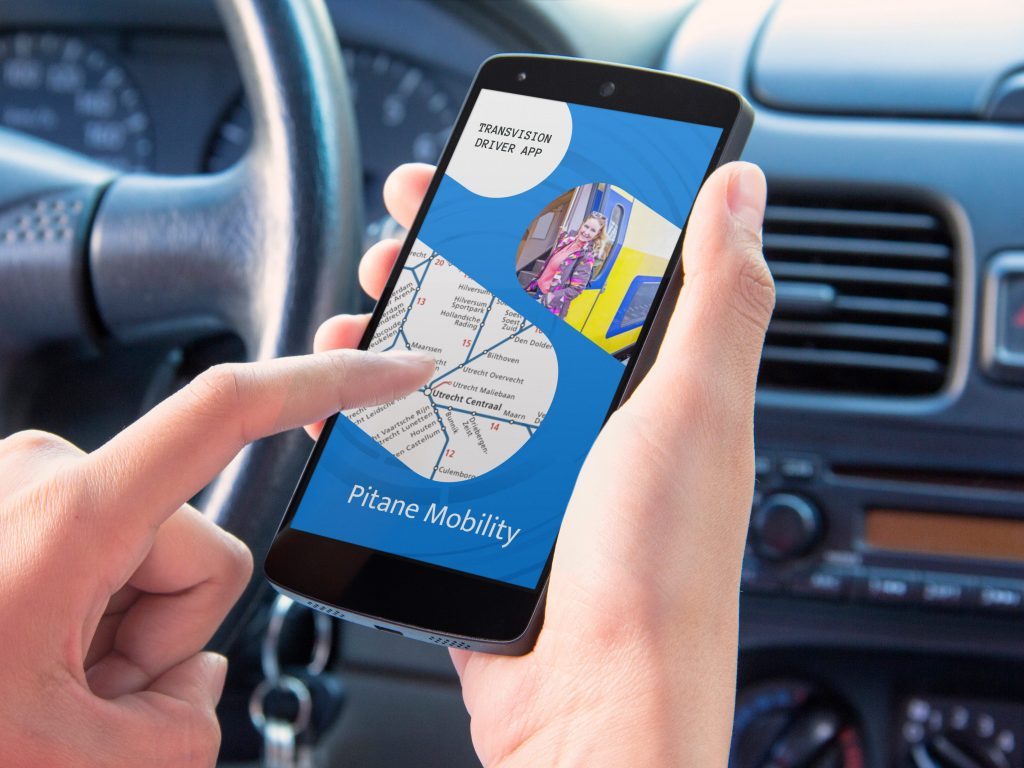After hospitals and the police previously indicated that enforcement of the burqa ban is not a high priority, various public transport companies are now also announcing that they will not refuse women with a burqa or nikab. It concerns all clothing that completely covers the face, leaving only the eyes uncovered, and clothing that makes a person unrecognizable.
From 1 August it is prohibited to wear a burqa, balaclava, full-face helmet or niqab in healthcare, educational institutions and public transport. If the porters refuse to take this off, the police can be called in and a fine of 150 euros can be imposed. The attitude of the police, however, is the reason for public transport companies to ignore the ban.
Exceptions to this rule.
There are a number of exceptions to this rule where the wearing of face-covering clothing is permitted:
- When face-covering clothing is necessary to protect the body for health or safety reasons;
- When face-covering clothing is necessary in connection with requirements for exercising a profession or sport at the location;
- When face-covering clothing is appropriate in connection with participation in a festive or cultural activity on the site.
"The police say," It is not our priority. " This means that when reporting from public transport, she is not within half an hour on the tram, train, metro or bus in question. Well that is not going to work for us ”, says spokesman Pedro Peters on behalf of the public transport companies.
According to Peters, the enforcement of the ban is not with public transport companies, for example, but with the police. According to the AD, all employees of public transport companies NS, HTM, RET, Arriva, Connexxion, EBS and GVB have been instructed not to refuse anyone on public transport because of their clothing.
Employees may know for themselves whether they address the Muslim with burqa or nikab or the balaclava wearer against the ban, but they may not be evicted from the train, bus, metro or tram.
According to spokesman Peters, there have also been no problems in public transport by people with face-covering clothing in the past. "When an identity document is requested during a check, these travelers always show their faces."
Also read: Travelers association Rover is happy with the idea for a new public transport system



